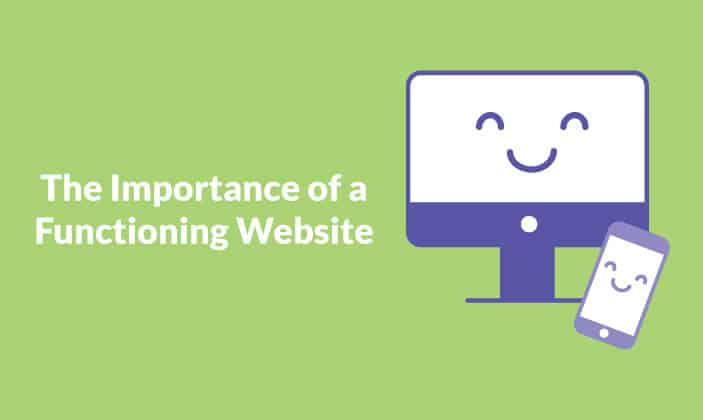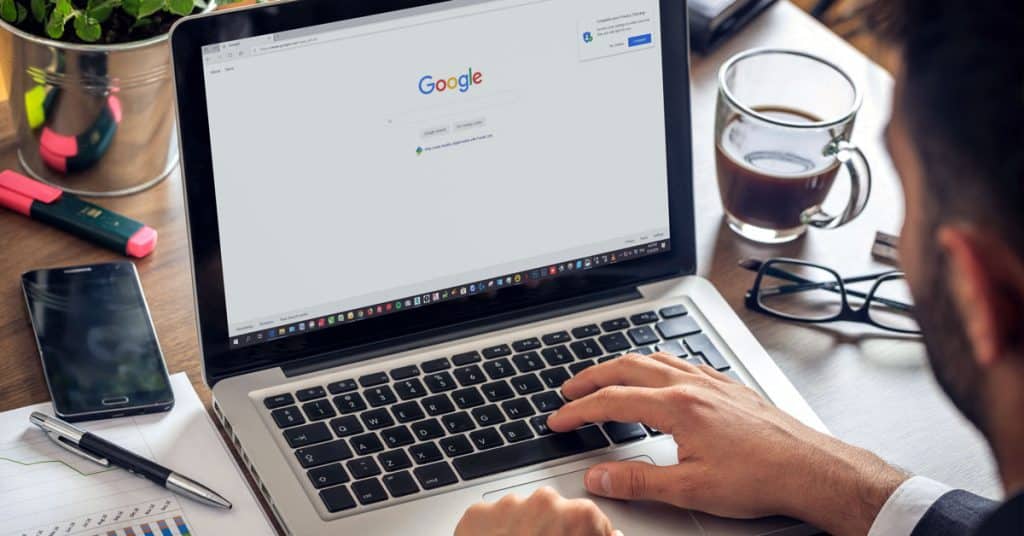A Functional Website Appeals to All Visitors
One of the first things a potential client or customer will do is check out your business’s website. While your website may be beautifully designed, is it truly functioning to its fullest potential? A well-functioning website can help sell clients or customers on your business. Without a functional website, you could be losing out on potential leads and even leaving a negative impression of your brand.
Here are a few tips for you to maximize the function of your business’s website and provide potential customers with more positive user experience.
It’s All About the Customer
While you may think your website is in top shape, you’ll need to double-check and make sure that your website is built for and appeals to the people visiting your site. After all, the customer is the most important factor in this equation. Consider your target market and what they would want and need in a site.
[RELATED: 3 Things You Don’t Know (But Need to) About Your Target Audience]
Your website must be appealing and functional for both tech experts and those who are still learning. It is important that your website works well for all potential visitors so that each person leaves your site having a pleasant experience.
If your site is engaging to your audience and meets their needs, then they will want to spend time exploring your site, revisiting the website in the future, and considering doing business with your company.
Is Your Website Easy to Navigate?
A website that fun ctions properly and is easy to navigate will set your business apart from the rest of the competition. It is essential to have a neat and uncluttered layout design so your website is easy to navigate and pleasing to look at.
ctions properly and is easy to navigate will set your business apart from the rest of the competition. It is essential to have a neat and uncluttered layout design so your website is easy to navigate and pleasing to look at.
Pages should be clearly labeled for the type of content they contain so that visitors can quickly find the information they need.
For example, you would not want to label your contact page as “help.” With that as a label instead of the expected “contact us,” it’s not clear to the user what kind of content is on the page. Those visiting your website will be confused, which can lead to the user bouncing off the site.
If the information is not easy for them to find, users will not waste time clicking through your website trying to find what they need.
Website Load Time Matters
Visitors to your website will also be sensitive to the amount of time it takes to load each page and may end up leaving the site if the page load time is too long. Try to cut down on the number of plugins and features included in your website as these tend to slow your site down, especially for users with slower broadband.
It is also important to make sure that your website is compatible with mobile devices, as 64 percent of American adults own a smartphone according to a study done by the Pew Research Center. Any trick that makes your website easier to navigate and loads faster will appeal to everyone who visits the site.
Make Sure Your Website Serves a Meaningful Purpose
Before creating your website you must determine what its purpose is. Is it informative? Intended to advertise your business’s products and services? Meant for online shopping?
By determining the reason for your website, you will be able to make a better functioning site. Despite the purpose, all websites should include some necessary pages such as the homepage, about page, services/products, news/blog, contact, and FAQs.
[RELATED: How Many Pages Should My Website Have?]
These are the pages that people will expect to find on a website because they have become a standard. If these pages are missing, a visitor may determine that your website is not fully functional.
In addition to having these pages featured on your website, you should also include relevant content that visitors are most likely looking for. For example, if the user clicks on the “About” page, they are expecting to read about your company and why they should choose you over the competitors. This would not be the page to overtly sell your services. You are trying to sell your company.
Add New Content Frequently
There are many benefits to adding your own content to your website. Blogging shows that you have authority and knowledge in your industry. It is important to provide original content that answers questions, proves a point, is relevant to current news stories, and is interesting to the reader.
[RELATED: Why Would a Company Need a Blog?]
This will make customers spend more time on your website and return frequently to view new content. Being consistent with the timing of publishing is also important whether you post daily, weekly, or monthly. Visitors will expect new content at this time and be pleased to see that you have posted.
[RELATED: Beginner’s Guide to Blogging]
All of these tips and tricks will ensure that your website is functional and appealing to all who visit. A good website can make or break your business, so be sure to spend some time revamping and focusing on your site’s appearance and functionality. Customers will leave your website feeling happy and satisfied with a positive impression of your business.
Becca Andrus is a junior at LSU studying mass communications with a concentration in public relations. When she’s not studying or working, you can find Becca watching The Bachelor or saving Tasty videos on Facebook that she knows she’ll never actually cook.
Work with Catapult Creative Media Inc. Catapult Creative Media Inc. is a digital marketing and design agency serving clients over the United States but is proud to call Baton Rouge, Louisiana home. Founded in 2007, Catapult provides digital, social and mobile marketing solutions backed by relevant strategy and measurable results. Catapult works the web to their clients’ advantage, launching them to their next level of success.




